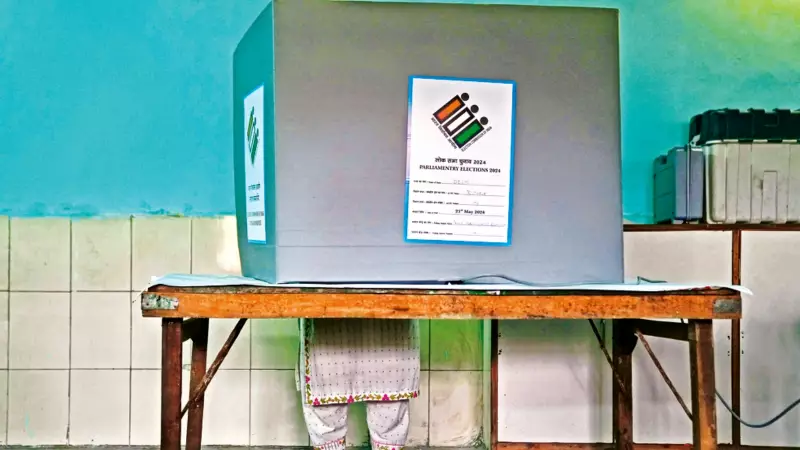
In a stunning revelation from the recently concluded Bihar Assembly elections, an overwhelming majority of candidates failed to make any significant impact, with eight out of every ten contestants losing their security deposits. The electoral battle saw a massive financial penalty for underperformers, highlighting the dominance of established political alliances over newcomers and independent candidates.
Record Number of Deposit Forfeitures
The Election Commission data reveals a staggering financial consequence for most candidates. Out of 2,616 candidates who contested for 243 seats, a massive 2,107 candidates lost their ₹10,000 security deposits, accounting for 80.5% of all contestants. This represents a significant financial impact, with the Election Commission collecting ₹2.62 crore from all candidates and ultimately forfeiting ₹2.12 crore due to poor electoral performance.
The security deposit rule requires candidates to secure at least one-sixth (approximately 16.67%) of the total votes cast in their constituency to avoid losing their deposit. The high percentage of forfeitures indicates that most candidates failed to achieve even this modest electoral threshold.
Newcomers Suffer Crushing Defeats
Political debutants faced particularly harsh outcomes in the Bihar electoral arena. Jan Suraaj, the party launched by political strategist-turned-politician Prashant Kishor, suffered near-total wipeout, with 236 out of its 238 candidates losing their deposits. This represents a devastating 99.16% deposit forfeiture rate for the new political entrant.
Other newcomers and smaller parties faced similar fates. The Aam Aadmi Party (AAP), contesting its first Bihar election, saw all 83 of its candidates lose their deposits. The Janshakti Janata Dal (JJD), founded by Tejashwi Yadav's elder brother Tej Pratap Yadav after his fallout with the RJD leadership, witnessed 43 out of 45 candidates (95.56%) forfeiting deposits, though Tej Pratap himself managed to retain his.
Established Alliances Show Dominance
In sharp contrast to the struggling newcomers, the established National Democratic Alliance (NDA) demonstrated remarkable electoral discipline. Not a single NDA candidate lost their security deposit, indicating that all alliance candidates managed to secure at least one-sixth of the votes in their respective constituencies.
The Mahagathbandhan (Grand Alliance) also performed relatively well, though 13 of its candidates from five constituent parties did forfeit deposits. The Congress saw the highest number with 5 of its 61 candidates (8.2%) losing deposits, followed by the CPI with 4 out of 9 (44.44%). The RJD, the alliance's major partner, had only one candidate among its 143 contestants who lost the deposit.
Independent candidates faced the toughest challenge, with 915 out of 925 independent runners (98.9%) losing their deposits. Other parties with high deposit forfeiture rates included the BSP (97.24% of 181 candidates), Rashtriya Lok Janshakti Party (100% of 36 candidates), and AIMIM (67.86% of 28 candidates).
Financial and Political Implications
The massive scale of deposit forfeitures underscores the financial risks involved in contesting elections, particularly for smaller parties and independent candidates. The total forfeited amount of ₹2.12 crore represents significant financial losses for candidates and their supporting organizations.
Political analysts suggest that the results indicate strong voter preference for established political formations in Bihar, with limited space for new entrants. The performance of Jan Suraaj, despite the high-profile leadership of Prashant Kishor, demonstrates the challenges faced by new political movements in making immediate electoral breakthroughs.
The data also reveals the continued dominance of caste-based political calculations and alliance arithmetic in Bihar politics, where independent candidates and single-party efforts struggle to make meaningful impacts against well-organized political coalitions.





